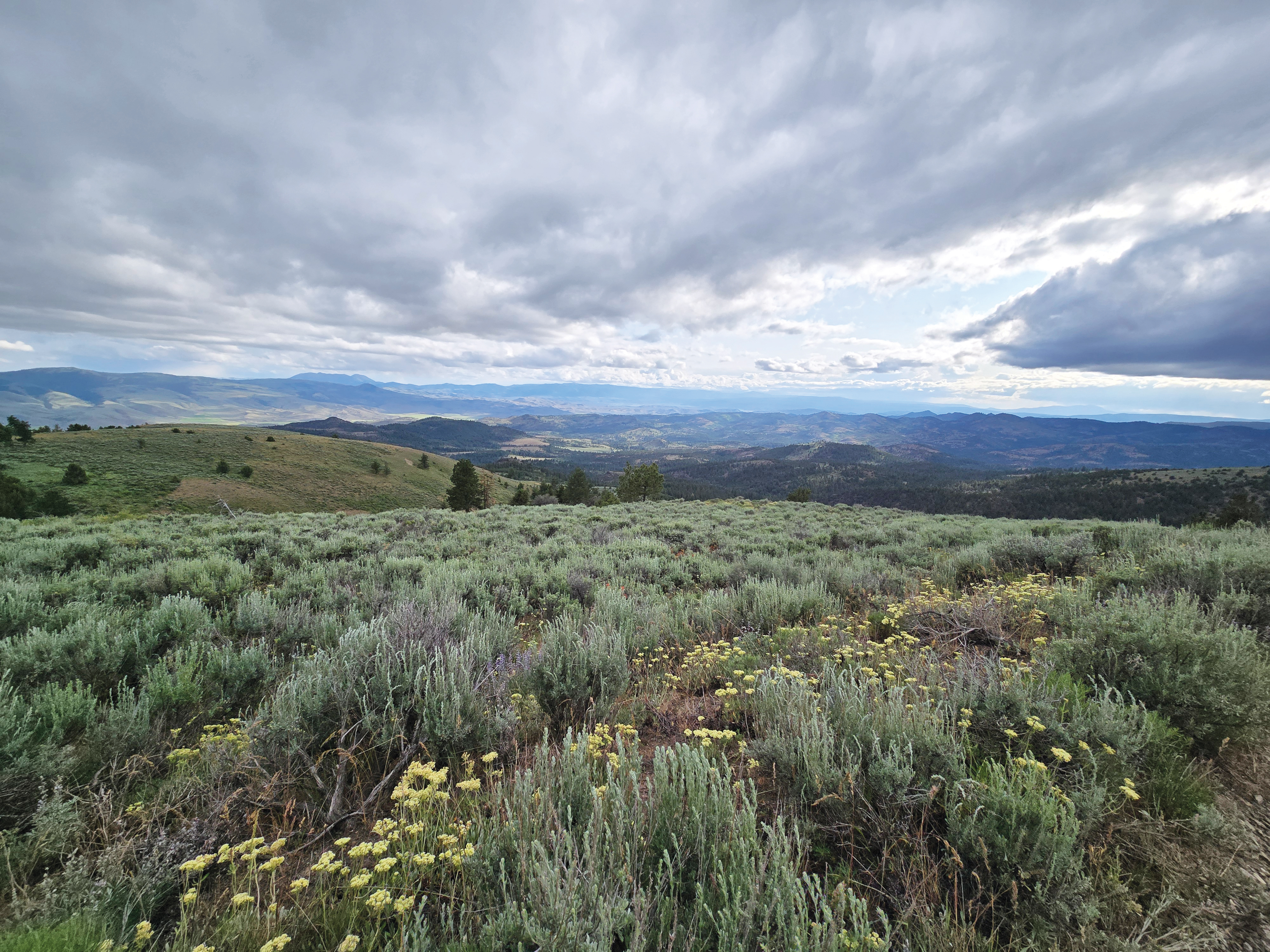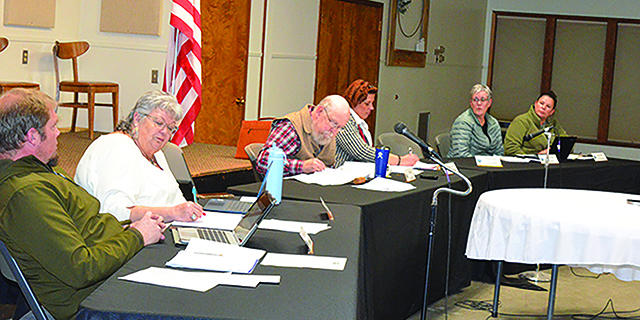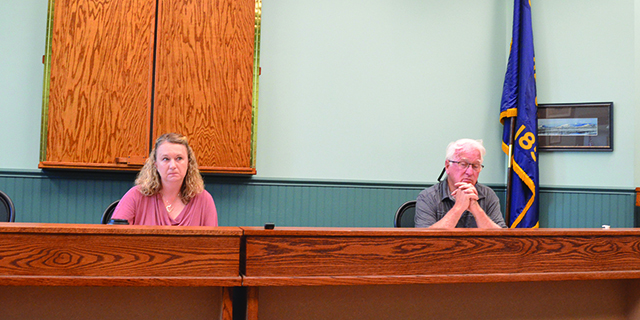Outdoor festival permit bill passes Oregon House
Published 12:38 pm Wednesday, April 24, 2019

- Oregon Capitol.
SALEM — Counties could require permits for outdoor mass gatherings to ensure they don’t interfere with agriculture under a bill unanimously passed April 16 by the Oregon House.
House Bill 2790 would give county governments the discretion whether to impose conditional use permit requirements on music festivals and other events, regardless of their size and duration.
Under current Oregon law, such permits are required only for outdoor mass gatherings attended by more than 3,000 people for longer than five days.
“These gatherings can be very land and resource intensive, often requiring more local fire, water and safety resources than many other land uses,” said Rep. Barbara Smith Warner, D-Portland.
Farmers have complained that music festivals can seriously disrupt harvest activities, such as making it harder to move machinery due to traffic.
Requiring conditional use permits for gatherings would allow county governments to evaluate them for significant impacts to farm practices and impose conditions to prevent adverse effects.
However, proponents of outdoor mass gatherings have touted the boost they can provide to struggling rural economies in Oregon, particularly east of the Cascade Mountains.
For example, the Symbiosis Gathering near Prineville, which celebrated the 2017 solar eclipse, poured money into local businesses while causing serious traffic jams on narrow roads.
Under another provision of HB 2790, the time needed for people to enter and exit an outdoor mass gathering would not count toward the five-day threshold past which permitting requirements become mandatory.
This relaxed requirement, which is intended to ease road congestion in rural areas, would only apply to festivals farther than 60 miles from an interstate highway.
Rep. Mike McLane, R-Powell Butte, said he was “not excited” about counties potentially requiring permits for additional outdoor mass gatherings under HB 2790, which could serve as a barrier to such events.
However, McLane said he supported the bill’s ingress and egress provisions, which would aid outdoor mass gatherings that diversify the region’s economy.
“Sometimes, compromise isn’t a dirty word,” he said.
Wildlife information
The Oregon House has also passed House Bill 2841, which would allow the Oregon Department of Fish and Wildlife to refuse to turn over information about the habitat, location or population of certain sensitive species. The bill was approved 56-3 on April 16.
The bill is meant to protect fish and wildlife that have a black market value, have been previously harmed or are known to face harassment, though the information would still be available to such entities as federal agencies, public utilities and accredited universities.
On-farm processing
Processing facilities smaller than 2,500 square feet could operate on farmland without meeting county standards for parking and landscaping under House Bill 2844, which passed 50-5 on April 11.
On-farm processing is already allowed without a conditional use permit for facilities under 10,000 square feet, but in some cases counties have still imposed siting standards for such buildings. The bill will now be considered by the Senate Committee on Environment and Natural Resources.
Elk damage
Overpopulation would be among the factors considered by Oregon wildlife regulators when issuing damage tags for killing elk that damage private property under Senate Bill 301, which the Senate unanimously approved on April 16.
Farmers and ranchers have complained that growing elk herds are consuming more hay and trampling fields, requiring flexible tools for managing the ungulates. An earlier version of the bill encountered opposition from hunting groups, which feared that more people would qualify for damage tags, but the controversial provisions were removed.






